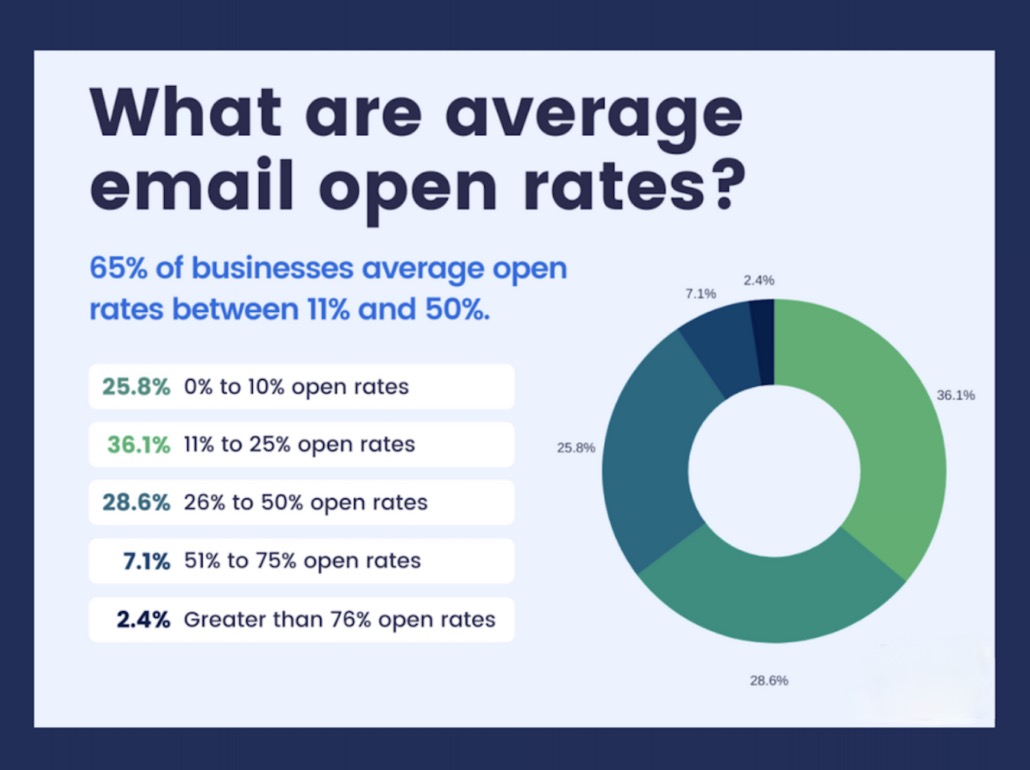7 Reasons Why Database Marketing Matters
Considering the hype around modern and innovative marketing techniques, it is important to not overlook some of the primary building blocks of effective marketing. Database marketing is a type of direct marketing that utilizes personalized engagement to promote to investors, services and products to prospective customers. Customer data is accumulated, stored in, and accessed from a central database. If you do not have a solid database, it is critically important to begin building one now.
7 Reasons Why Database Marketing Matters
1. Streamlining Your Information and Business Activities.
Let’s assume a situation where you have accumulated a great volume of data concerning your customer base, however you have no method to manage or organize it. Setting up database marketing strategies will enable you to arrange huge amounts of essential data and compile lists of specifics, including demographic data, inquiries, previous purchases, email addresses, and so on. Need to identify the number of males, ages 25 – 45, who are interested potential investors in a growing public company in the past 6 months? Database marketing will help you get the information you need with ease.
2. Sending Targeted Campaigns.
You can create and send targeted sales and promotions to your most promising leads or community when you take advantage of the data in your database. For instance, if you operate a large online retail store and you’re having a product launch, all you have to do is send emails to the audience who have specifically bought products or services from you in the past, rather than sending to every single person who has ever purchased from your store. Targeted campaigns are a much better utilization of resources and time.
3. Predicting the Actions and Behavior of Your Customers.
With the use of database marketing, you can better evaluate the past behavior and buying or investing patterns of your customers, allowing you to make smarter marketing decisions. For instance, you can identify sales patterns according to what they needed in the past and determine which audiences are most likely going to purchase in the future and the products or services they would probably be interested in as well.
4. Monitoring the Success of Your Marketing Campaigns.
One of the most crucial components of any marketing promotion is monitoring its success. Does email seem like a better avenue for your business or are your
communities responding more to social media promotions? You can accumulate metrics that are important and gauge results that can be useful to you, like a campaign that features both social media and email elements targeted at two separate qualified prospect categories.
5. Maximizing ROI.
The use of this streamlined approach will help you to save on resources and costs. By creating targeted messages for specifically targeted audiences you are able to concentrate on individuals who are more likely going to respond favorably, as opposed to just throwing a wide net with expectations of higher revenues.
6. Managing Customer Data and Relationships.
If either investors or customers are the lifeblood of your business, then a good customer relationship management (CRM) database should be at the heart of your growth plans. Full-featured CRM databases are usually powerful enough to store and process everything, from customer contact details, interaction history and accounts, to new prospects, qualified leads and business opportunities. Some CRM systems will help you run and track marketing campaigns, such as email newsletters.
7. Planning for Growth.
Most business databases have some form of reporting capabilities – from analyzing input data and productivity tracking, to anticipating future trends and clients’ needs. If you’re planning a strategy for growth, a robust database system can be your business’ most valuable resource.
Factors that Promote Successful Database Marketing
You can make your marketing strategies both more affordable and more profitable if you follow a data-driven approach. There are several variables that will determine your ability to effectively use your database. A successful database marketing campaign is dependent on the requirements listed below:
- How easily you can access the customer data: You will not be able to put your customer data to use if you cannot access it. However, this is something we can help with.
- Your database’s quality: inaccurate, outdated data will be very ineffective no matter how meticulously you have segmented it. The database “cleaning” process comes into play, as it combines, duplicates, and eliminates multiple streams of data into a single, dependable record for each qualified lead.
- Analyzing and automating your campaigns: you must be able to take insights and convert them into action by using multi-channel campaign management features. This will help your company in achieving the most from your database marketing.
Summary
In all, database marketing is indeed one of the most well-rounded approaches to business growth. In order to achieve success with it, your company must continually accumulate and evaluate information concerning your investors, customers, particularly their demographic data, behavior, and history. Your marketing campaigns will be more successful when you have more useful customer data.
In as much as database marketing offers impressive ROI, it’s however not the only approach you can use. By using a cost-effective, smart integration of outbound marketing and inbound marketing, you will be able to see incredible results from your marketing efforts. It has a good history of success, which is why you shouldn’t hesitate to add it into your existing business marketing strategy.
For more information about Romans Media’s list building and business growth strategies, please contact us today.




